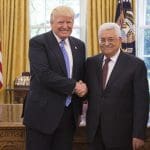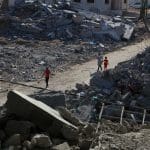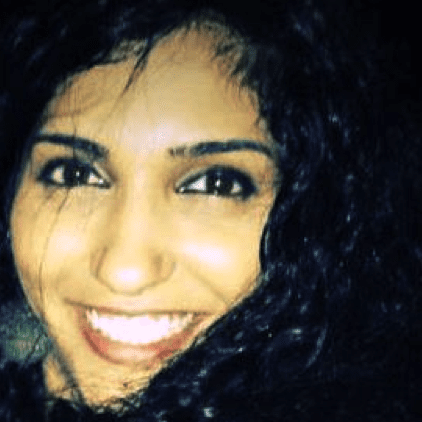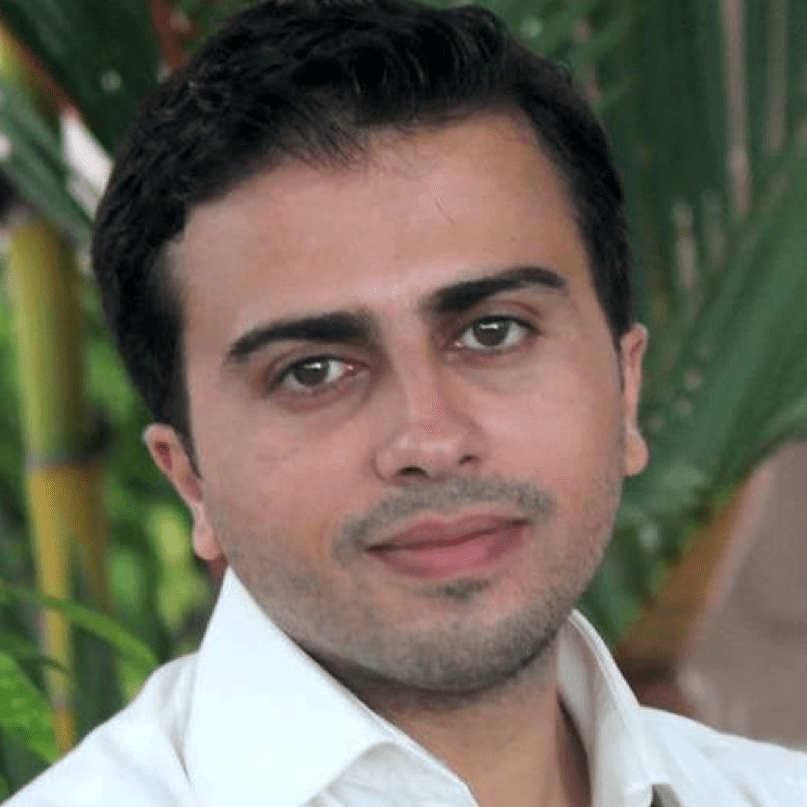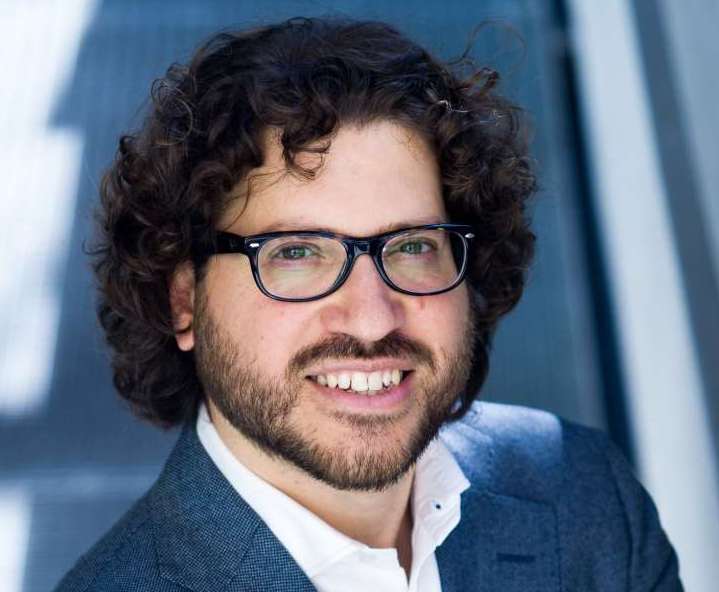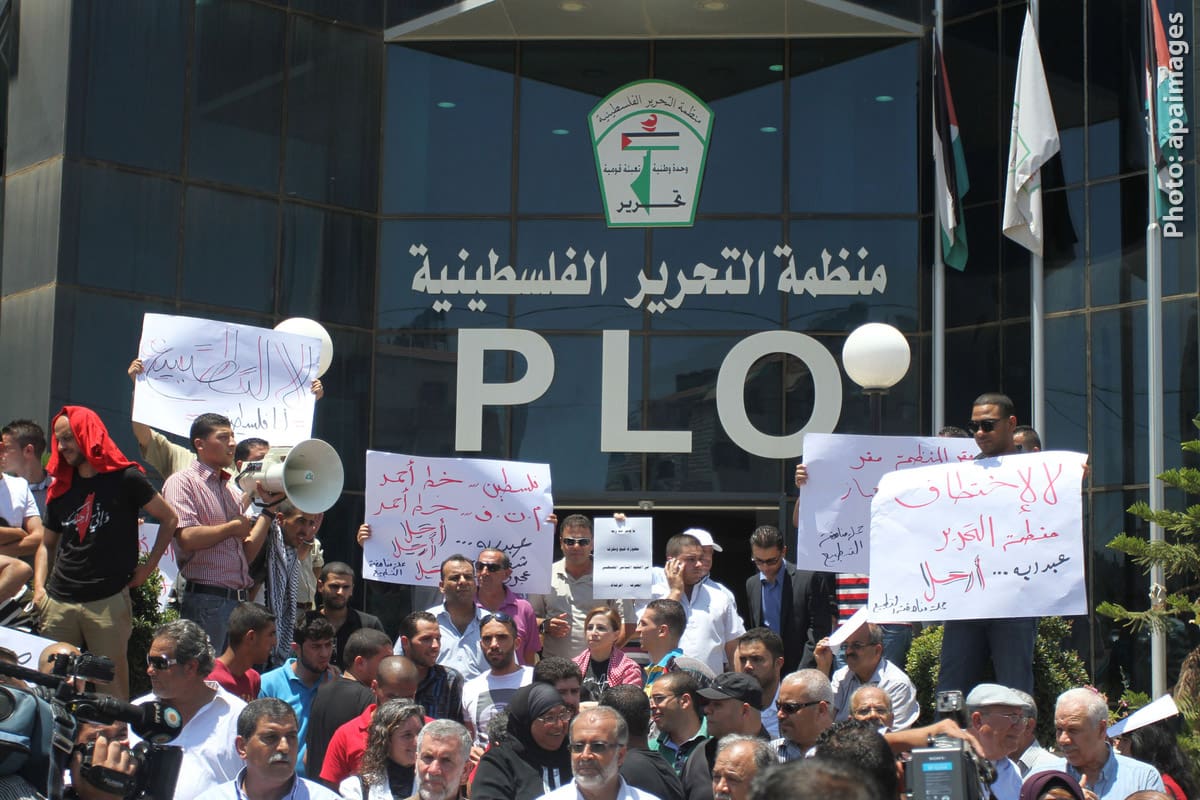
The Israeli regime’s continued annexation of Palestinian land, alongside expanding normalization with Arab governments, makes it imperative for the Palestinians to revive the PLO and reclaim its role as the sole legitimate representative of all Palestinians. Doing so is essential to restoring the Palestinian national project and collective vision, particularly given the failure of the PA and its two-state model. In this policy lab, Belal Shobaki and Nijmeh Ali join host Alaa Tartir to discuss the importance of activating the PLO in the current context and ways to revive the institution as the sole legitimate and democratic representative of the Palestinian people worldwide.
This policy lab is only available in Arabic, and may be viewed here.
Dr. Nijmeh Ali is a Fellow at the National Centre for Peace and Conflict Studies (NCPCS), University of Otago and a lecturer in the GDCR program at Otago Polytechnic. Her research focuses on resistance and activism within oppressed groups, particularly among Palestinian activists in Israel. Her research provides a critical perspective on studying resistance and revolution in non-western societies and challenges the classic liberal framework of citizenship. It also deals with exposing strategies used by oppressed and marginalized groups in resisting their subjugation; therefore, it applies to women, minorities, refugees, and migrants.
Belal Shobaki is the Head of the Department of Political Science at Hebron University, Palestine. He is a Policy Member at the Palestinian Policy Network. He is the founder and coordinator of the Double Master’s degree program in Public and cultural Diplomacy at Hebron University with University of Siena, Italy. He has published on Political Islam, identity, democratization and Palestinian issue. He is also leading Hebron University team of a 3 years project: Strengthening of National Research Capacity on Policy, Conflict Resolution, and Reconciliation, funded by the Erasmus+ program of the European Union. He has previously taught at An-Najah National University, Palestine and at IIUM, Malaysia.
Alaa Tartir is Al-Shabaka’s program and policy advisor. He is a senior researcher and director of the Middle East and North Africa Programme at Stockholm International Peace Research Institute, as well as a research associate and academic coordinator at the Geneva Graduate Institute, global fellow at the Peace Research Institute Oslo, and governing board member of the Arab Reform Initiative. Alaa holds a PhD from the London School of Economics and Political Science and is co-editor of Resisting Domination in Palestine: Mechanisms and Techniques of Control, Coloniality and Settler Colonialism (2023), Political Economy of Palestine: Critical, Interdisciplinary, and Decolonial Perspectives (2021) and Palestine and Rule of Power: Local Dissent vs. International Governance (2019). He can be followed on Twitter (@alaatartir), and his publications can be accessed at www.alaatartir.com.












